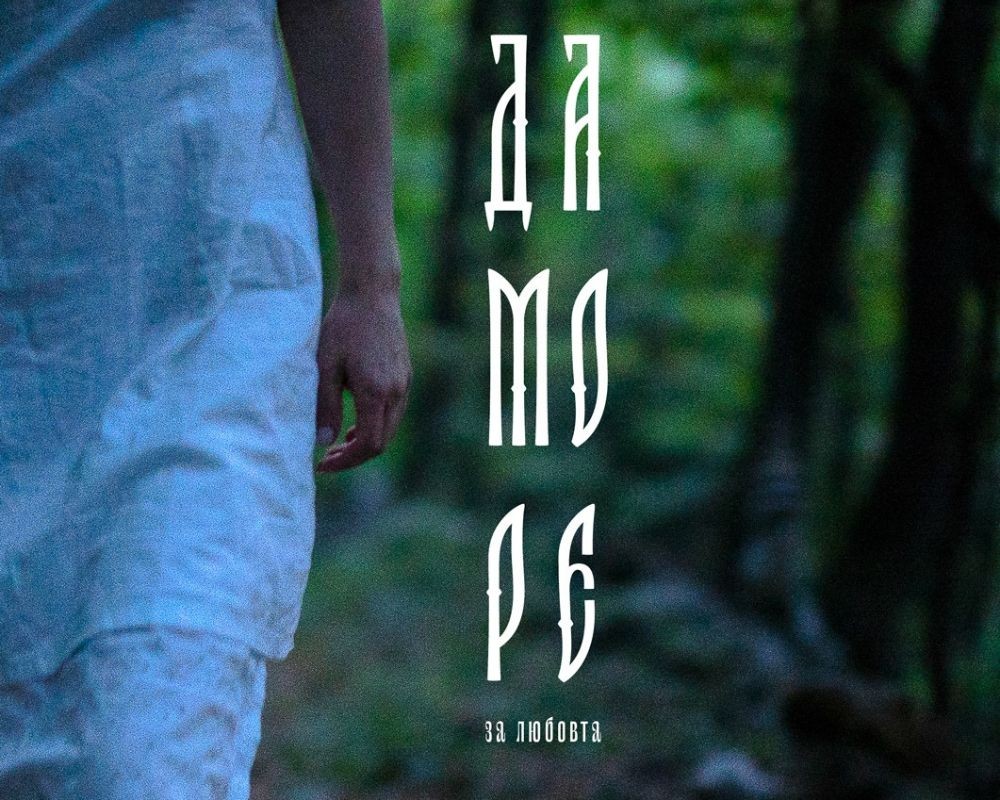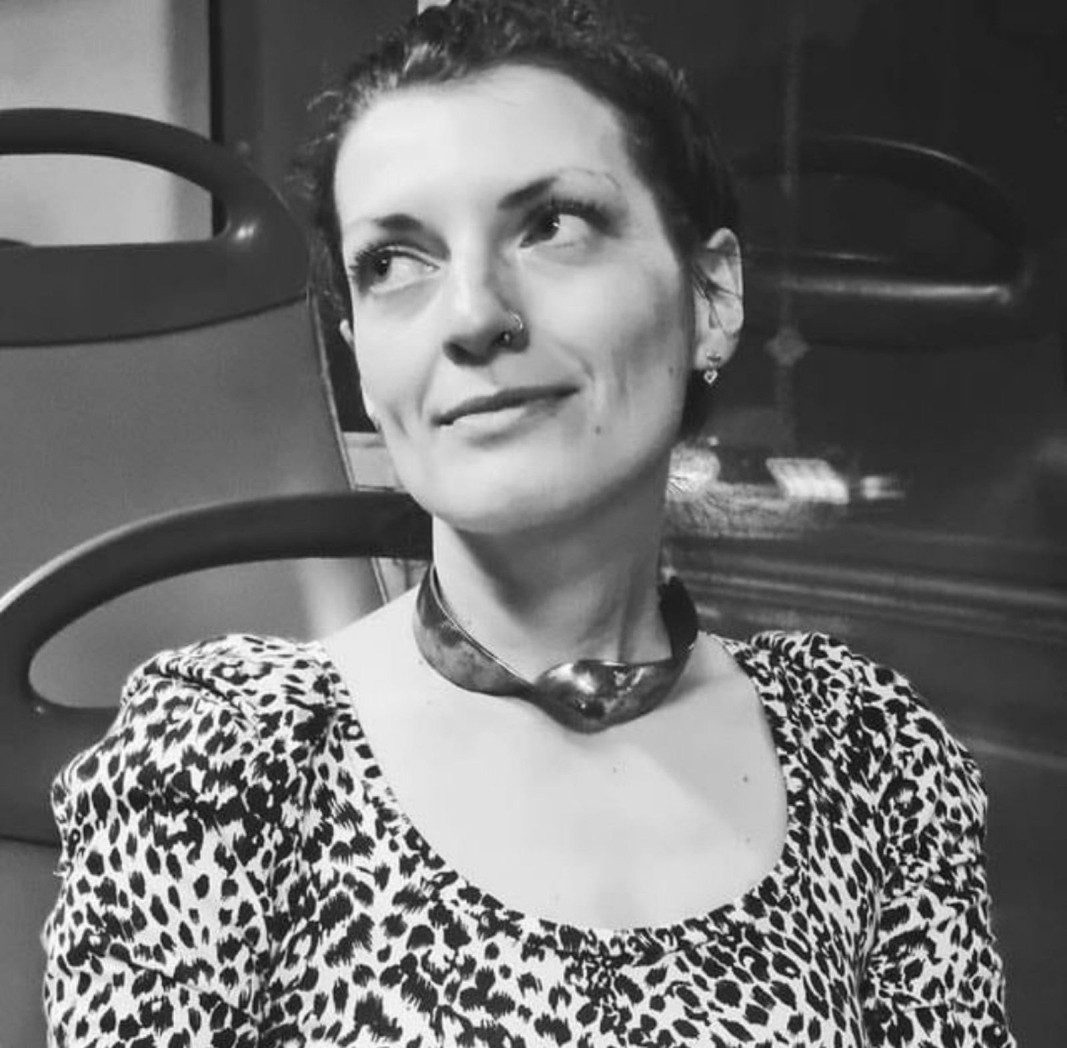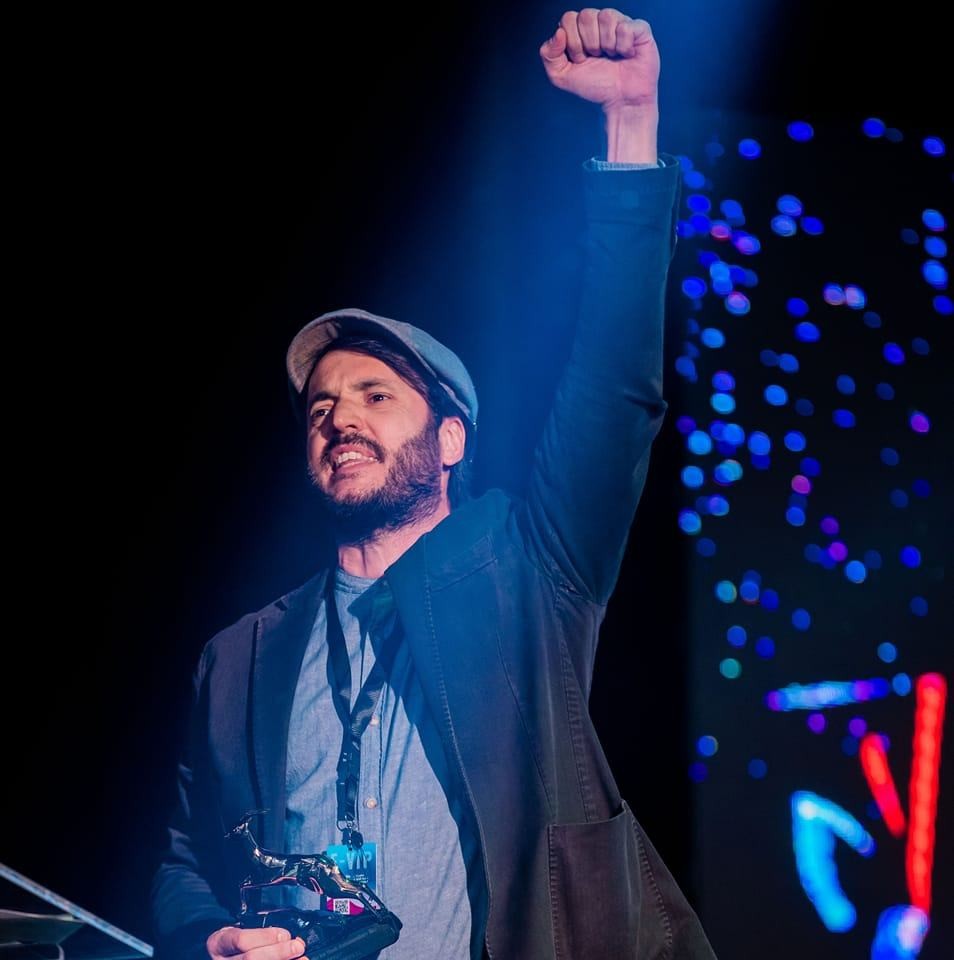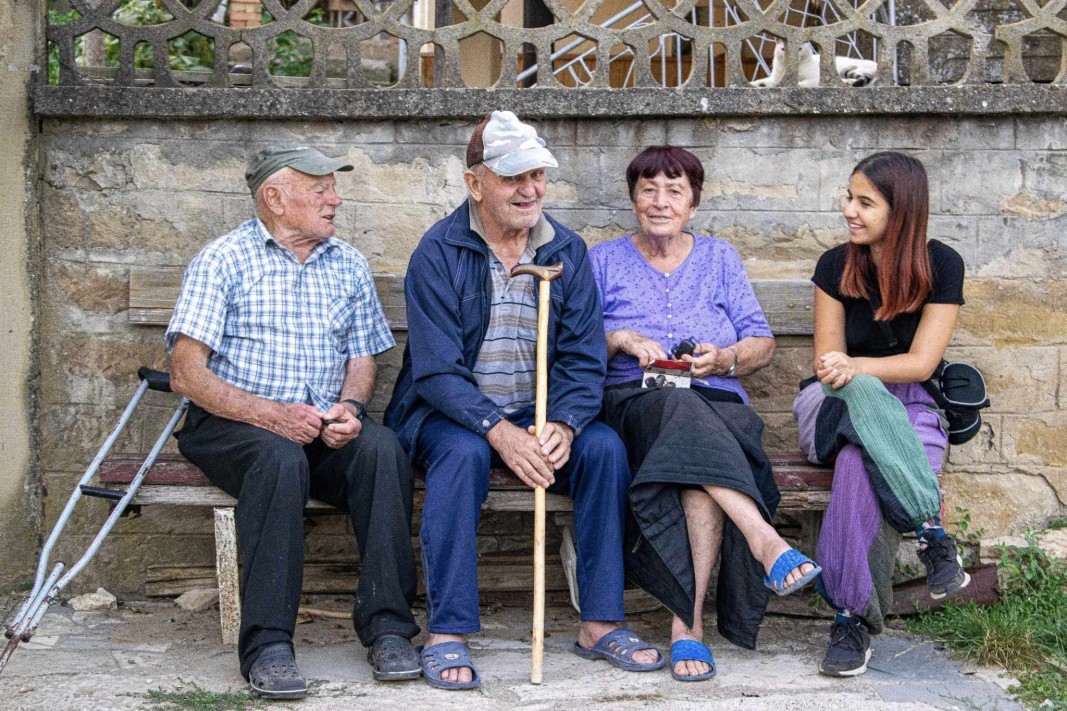“A story that is worthy of a movie” is what we often say when we hear about some incredible event or an interesting story. It is cinema that seems to help today's digitally dependent person, for whom the magical worlds of paper books are far away, to look at the past from a different angle, to rediscover the connection with the ancestors and the meaning of being here today.

Conceived as a journey in search of the link between father and daughter, the film "Damore - About Love" by director Nicola Zambelli and poetess and writer Maria Makedonska manages to recreate something equally important - the connection of a person to their roots. The film reminds us of their importance in an expected, yet surprising way, by presenting one of many traditional Bulgarian rituals – a prayer for rain to protect the harvest from summer drought. In different parts of Bulgaria, it has different names – German, "butterfly" and others:
"It is believed that German was a real person who died and women must make a doll that symbolizes him and then mourn him. This always happens near a river, as they hope that they will be able to summon rain and abundant harvest," Maria tells us.

But the cinematic narrative also has other layers beyond the obvious:
"We tried to tell about the spiritual nourishment that this rite brings. We wanted to bring back youth for a while, through the image of a girl who comes from the forest. Five women from a Balkan Mountain village take care of her as if they take care of their own youth. At the moment when she leaves for the forest, we see the cycle of life – childhood, youth and old age,” says Maria Makedonska in an interview with Radio Bulgaria and adds that the ritual related to connecting with another person, which is also mentioned in the film, is not accidental. “We wanted to show that the stages a person goes through in life are always related to their relationships with other people. When we are children who are taken care of, life is easier and carefree, but there comes a moment when it becomes full of responsibilities and cares, which happens after the wedding. The women also told us about a ritual in which clothes are placed on a chair and it is raised to the sky, but we didn't use it because it was funeral ritual. However, since we were looking for the connections between life and death and everything experienced before, we used the wedding dress as an important stage of life."

Bulgarian rituals also "enchanted" Italian Nicola Zambelli. He came to Bulgaria for the first time 20 years ago and since then he has returned several times for longer or shorter periods, working on various film projects. One of them allowed him to live for two months in Pernik, where he created a film dedicated to the changes that occurred in the city after 1989. He met Maria thanks to the "Baba Residence" (Grandma Residence) initiative, which connects young people with the elderly from villages in different parts of Bulgaria and thus contributes to the revival and change in these places. In addition, while talking to the elderly, the young people learn more about their way of life, traditions and way of thinking. The Italian told us about his experience in the northwestern village of Pavolche in search of rituals that modern society has forgotten:

"Baba Residence allowed me to return here again and continue our research work in the villages located in the northern regions of Bulgaria and their rituals, which are gradually starting to disappear. At the same time, we wanted in addition to photographing the people who tell us about the rituals, to do something together with them. We recorded their stories, the songs they sing and then we wrote something that would remain as a memory for them - a poem or a prayer. In my opinion art is related to prayer. I believe that when you write a story, it has the power to change something in the world around us."
Publication in English: Al. Markov
Photos: ОКО - International Ethnographic Film Festival, Kristina Miteva, Facebook /Nicola Zambelli I Filmmaker, Baba Residence
The Symphony Orchestra of Vratsa – Simfonieta, has become a haven for violinist Alena Chekhova. She was born in the Russian city of Tyumen /Western Siberia/, raised in Ukrainian Crimea and lived in Moscow for more than 10 years, where..
European Days of Artistic Crafts are starting today in Bulgaria's Antonovo . The motto of this year's edition is "The Golden Thread", which is why it will begin with workshops on wool felting. Every day until the end of the week, residents and..
Writer Kalin Terziyski will present his collection of short stories "Is Anyone There to Love You?" at the Bulgarian Cultural Institute in Berlin on April 1. The book, translated into German by Elvira Bormann, tells of life in a city full of mystery,..

+359 2 9336 661
